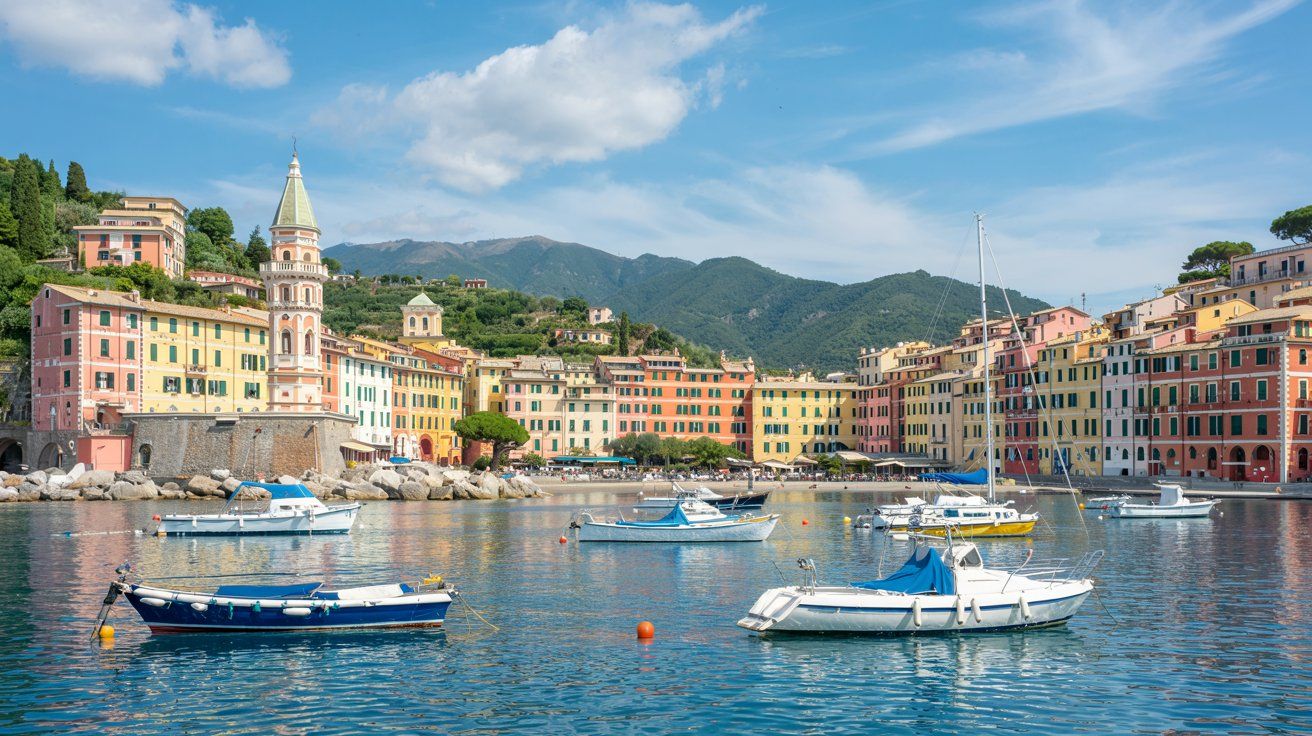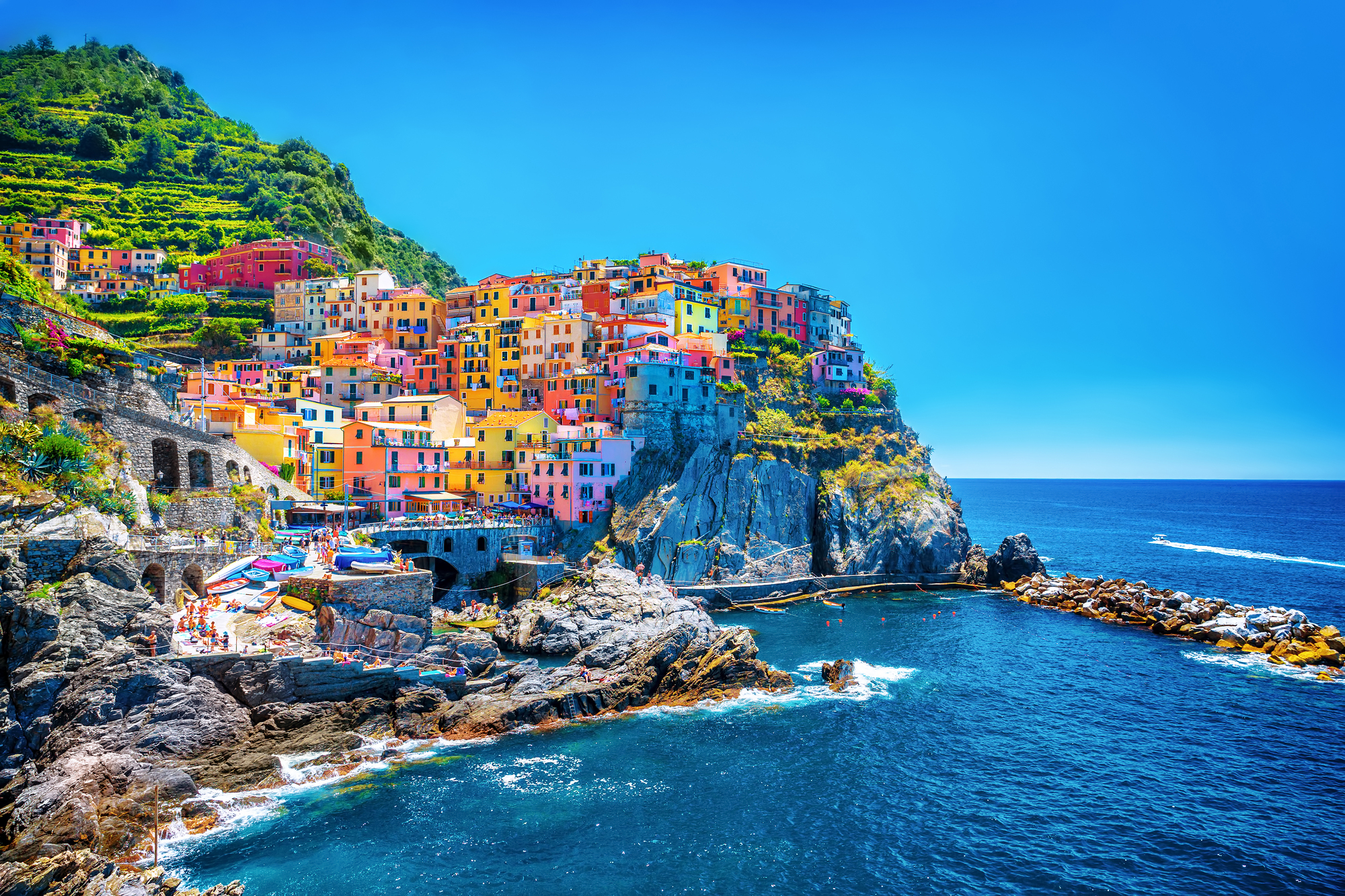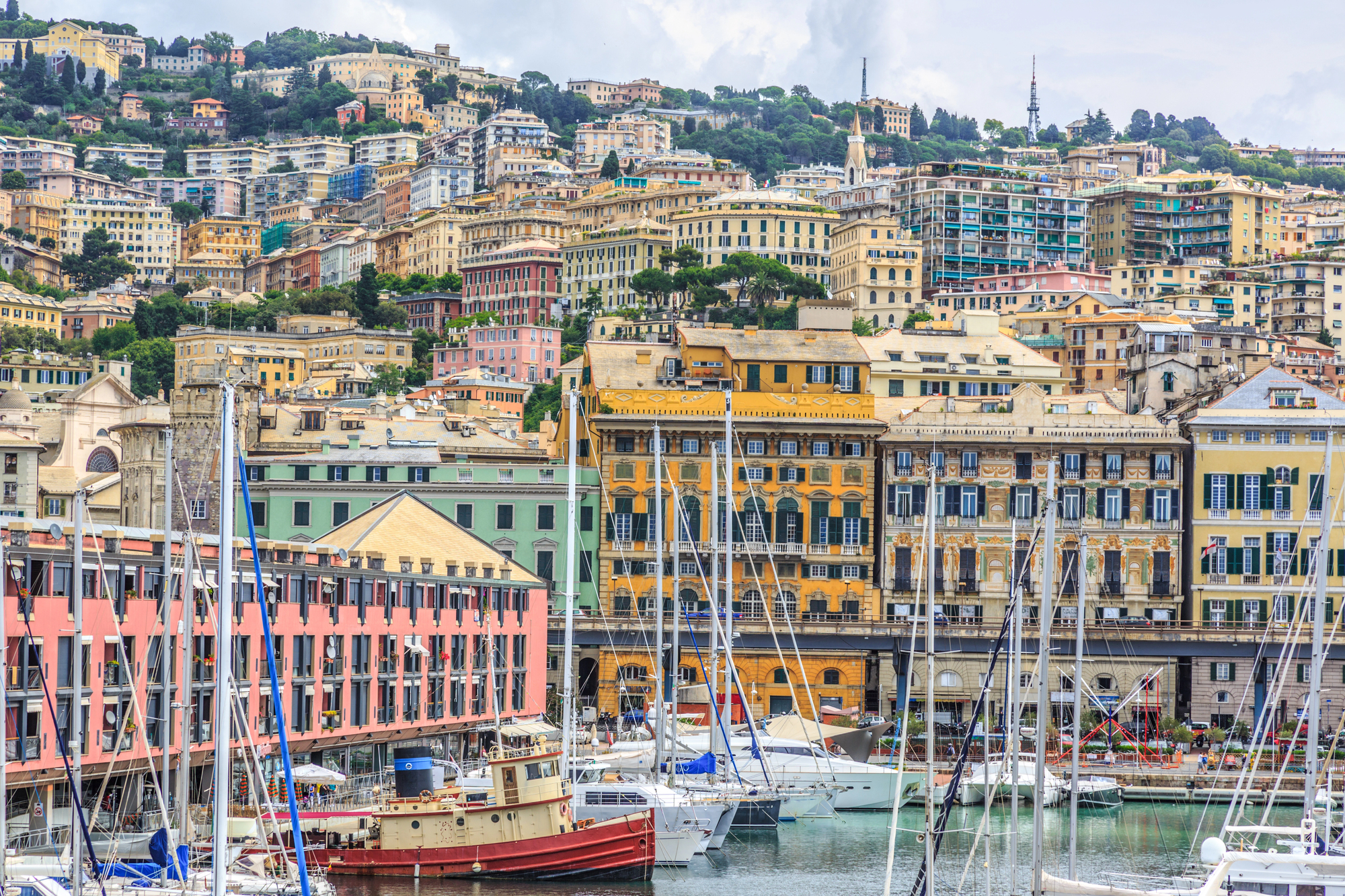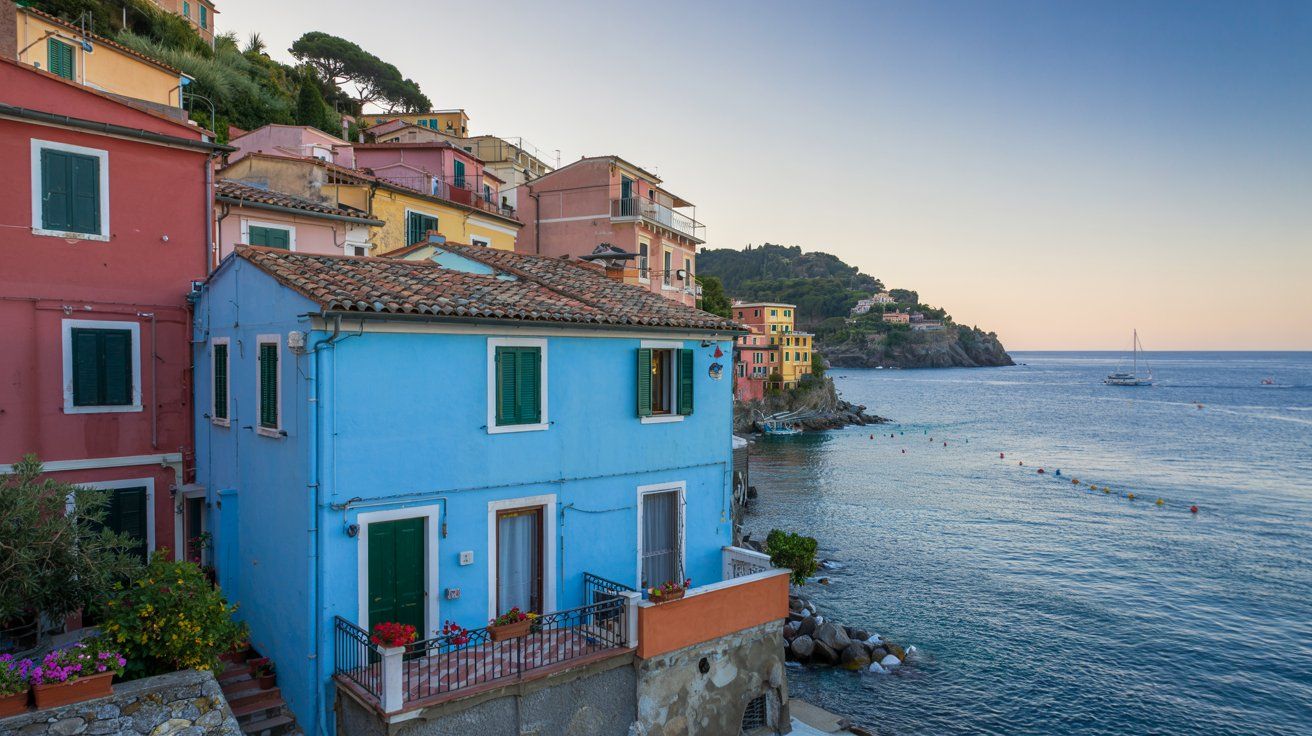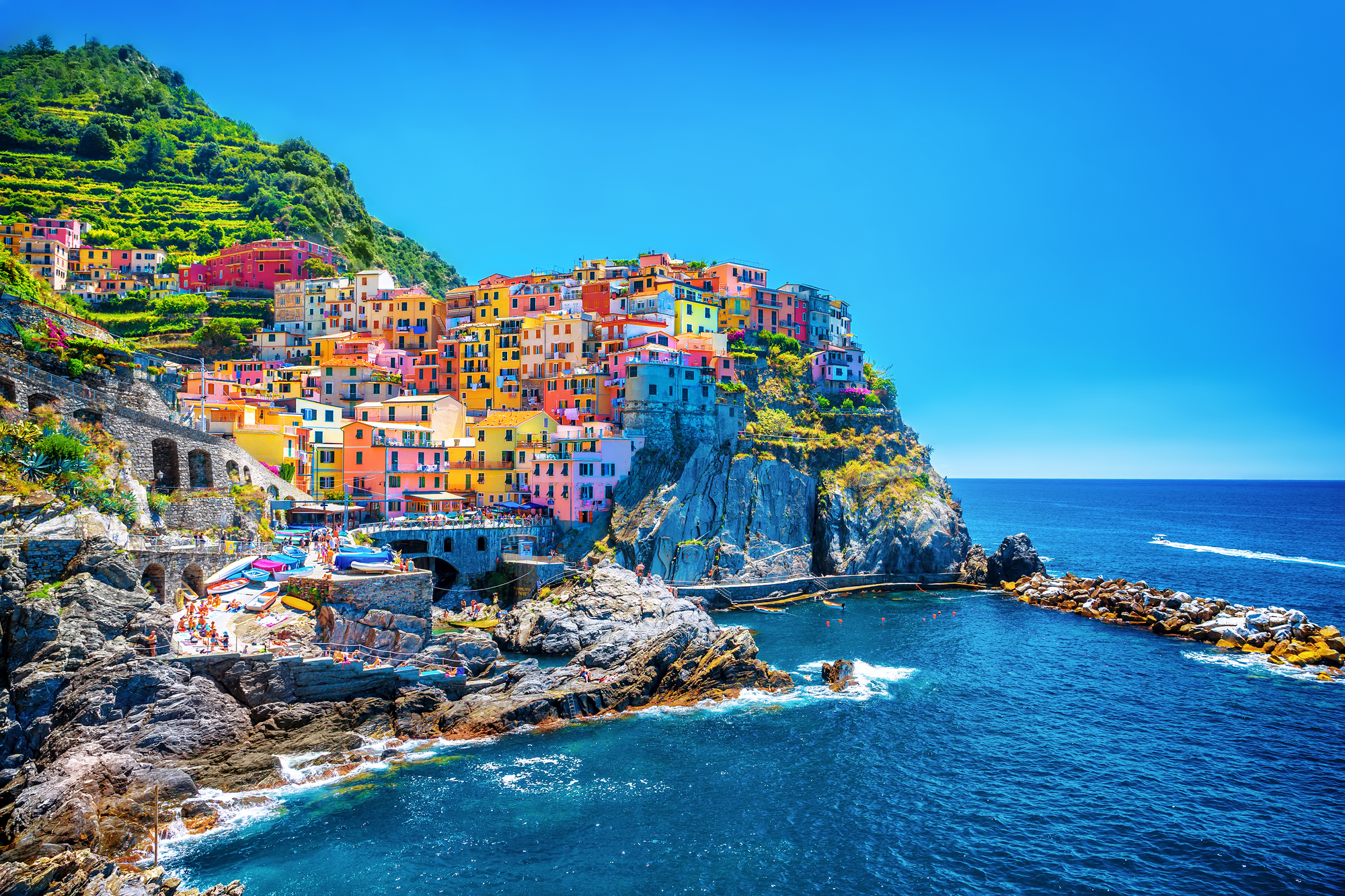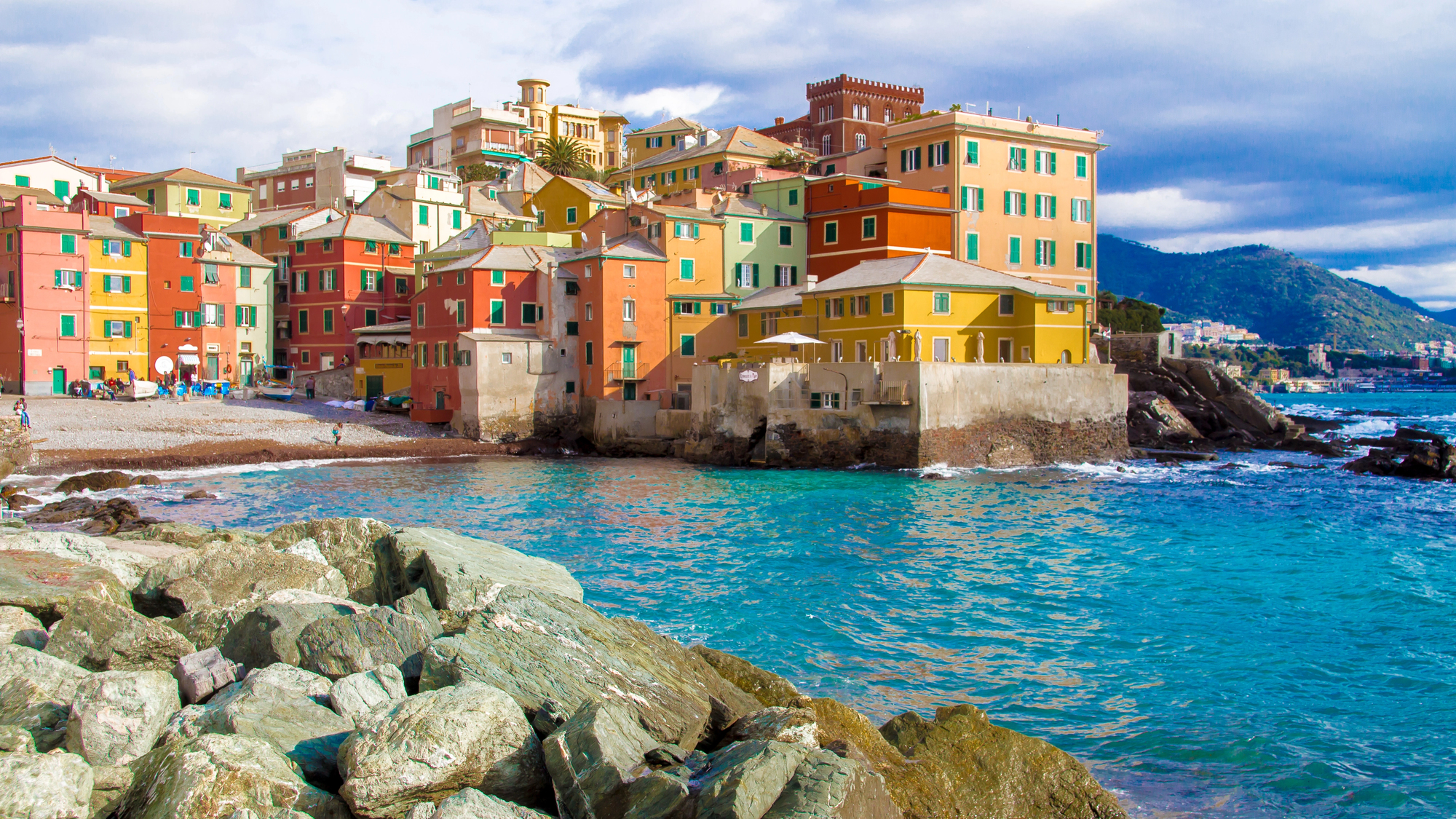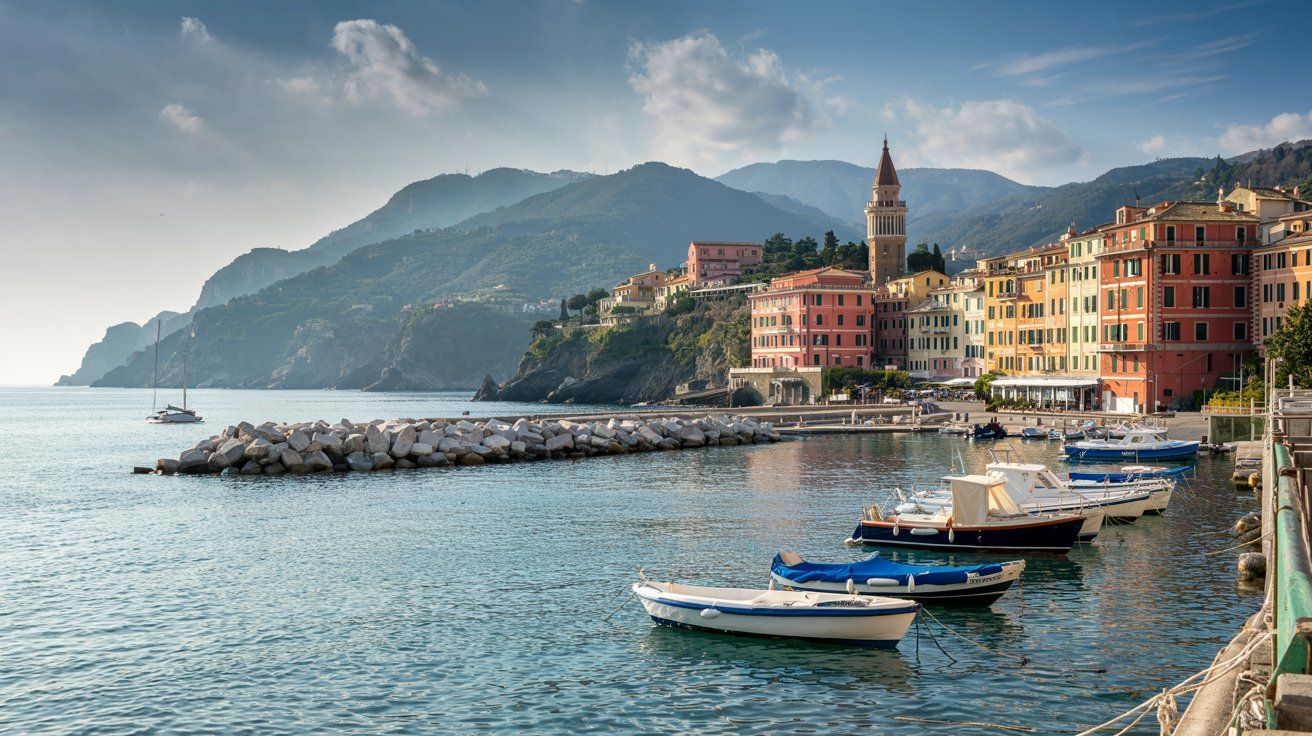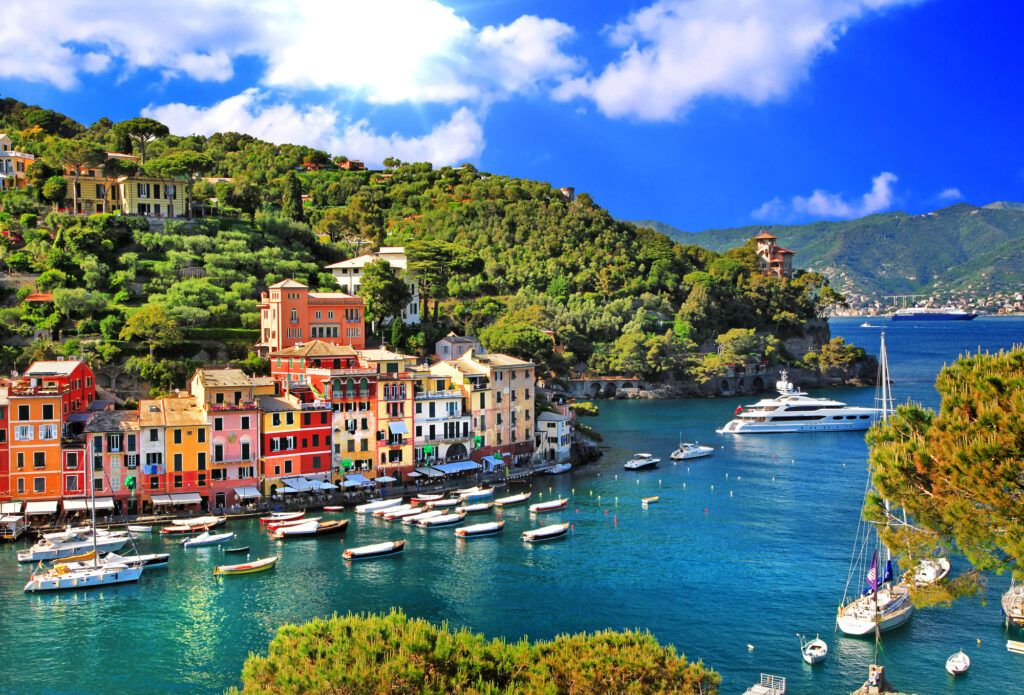This blog post explains Italy’s new age-verification law for adult websites, the privacy debates it has ignited, and what the move could mean for internet users, VPN services and digital rights. It is framed through the perspective of a travel writer who knows Italy well.
I’ll unpack the regulation, the arguments on both sides, practical implications for visitors and locals, and why this debate matters even when you’re sipping a cappuccino on the Italian Riviera.
Find available hotels and vacation homes instantly. No fees, best rates guaranteed!
Check Availability Now
What the new Italian age-verification rule actually does
The law requires websites that host adult content to confirm user age using official identity documents or state-backed digital ID systems. Authorities say the aim is simple: protect minors from exposure to harmful material online.
In practice, however, the rule forces platforms to collect sensitive personal data, from ID numbers to biometric details, depending on the verification system used. Privacy advocates warn that concentrating personal data in the hands of platforms — or linking it to government digital identities — could increase the risk of data breaches or surveillance.
Italy’s case is now part of a larger global conversation about whether child protection measures can be enforced without eroding privacy rights.
Why many Italians are turning to VPNs
With verification appearing intrusive to many, a common response has been an uptick in VPN usage. Virtual private networks allow users to mask their location or avoid local access controls, which some see as a way to preserve online anonymity.
The government has hinted it might explore ways to limit or monitor VPN use, arguing that circumvention undermines child-safety objectives.
Elegant resorts, charming apartments, and vacation rentals with immediate confirmation. From Portofino to Cinque Terre, discover the most beautiful coastal towns of Liguria!
See Available Properties
Risks and reactions: surveillance, data breaches, and digital freedom
Cybersecurity experts caution that measures to curb VPNs could conflict with fundamental digital rights. Restrictive policies might inadvertently weaken everyday protections for journalists, activists, and ordinary citizens who rely on encrypted services to secure their communications.
There is also concern about how platforms will store and share verification data — a single breach could expose millions.
Practical tips for travelers and locals
As a travel writer with three decades on the road in Italy, I advise visitors and residents alike to be cautious online. Whether you’re booking a seaside hotel in Genoa or uploading photos from Portofino, basic digital hygiene matters.
Consider these steps:
Why this matters to the Italian Riviera
The debate isn’t just technical; it affects daily life even in coastal towns where tourism is everything.
Easy booking across stunning accommodations from historic hotels to modern retreats. Pastel-colored buildings and crystal waters create the perfect Mediterranean escape!
Secure Your Italian Getaway
In the Italian Riviera, from Genoa’s busy port to the pastel houses of Portofino, visitors expect both safety and privacy.
Locals and tourists in Santa Margherita Ligure, Rapallo, Camogli, Sestri Levante, Monterosso al Mare, Vernazza, Riomaggiore and Manarola may find themselves navigating new verification hoops when using local internet services.
They may also weigh VPN use while on holiday.
As someone who’s watched decades of digital change intersect with travel trends, I see this as a moment to advocate for solutions that protect children without compromising the basic privacy that underpins trust in tourism hotspots from Levanto and Alassio to Sanremo, Imperia and Bordighera.
Here is the source article for this story: Age verification lands in Italy − here’s how it affects VPN users
From seaside palazzos to hillside villas, find your perfect stay along this stunning stretch of Mediterranean coastline. Instant booking with best price guarantee!
Browse Accommodations Now

